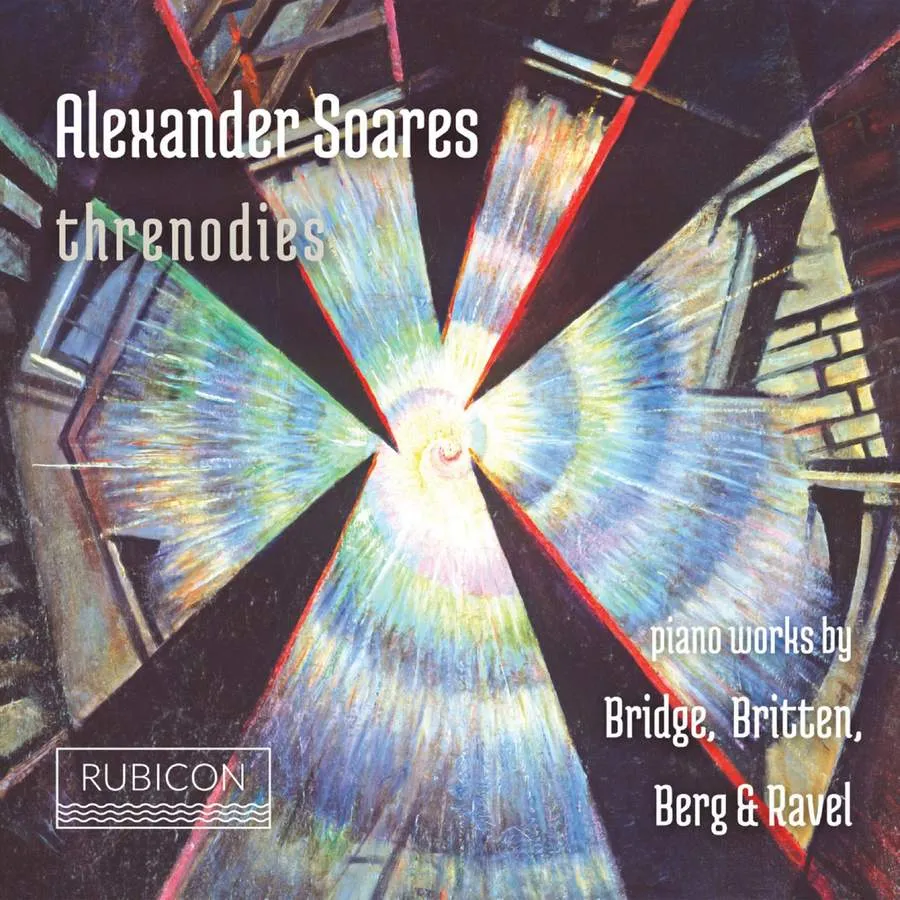
Threnodies Berg: Piano Sonata, Op. 1; Bridge: Piano Sonata; Britten: Variations for Piano; Ravel: Le Tombeau de Couperin Alexander Soares (piano) Rubicon RCD1068 74:45 mins
The two major works in Soares’s thoughtfully devised programme, Frank Bridge’s large-scale Piano Sonata and Ravel’s Le Tombeau de Couperin, are connected by the First World War – Bridge’s Sonata being a personal response to the carnage, while Ravel dedicated each of his suite’s six movements to a friend who had died. Bridge’s pupil Britten is represented by an unfinished set of Variations written for the 1966 Leeds Piano Competition; and Alban Berg’s single-movement Sonata comes from the late-Romantic cultural world that the war years then swept away.
This intriguing overall idea is unfortunately subverted by the music itself to some extent, and by how Soares plays it. While the emotional honesty behind the creation of Bridge’s Sonata demands total respect, its three-movement design here comes across as prolix, fusing Anglo-Saxon melancholy with Scriabinesque not-quite-modernism, with too little range and variety of material to justify its length. Britten’s Variations (with their unfinished sections completed by Colin Matthews) then make their point as required, with every note purposefully and economically placed: if only there was more of the work, you feel, rather than less.
While Soares’s accuracy and articulation are state-of-the-art, he seems unable or unwilling to explore beyond a strangely restricted range of keyboard colours, so that all four works sound much more similar than they should, and his relentlessly constant use of the sustaining pedal compounds the situation further. Not even the mastery and magnitude of Ravel’s cycle can come across fully in this disappointing context.
Malcolm Hayes